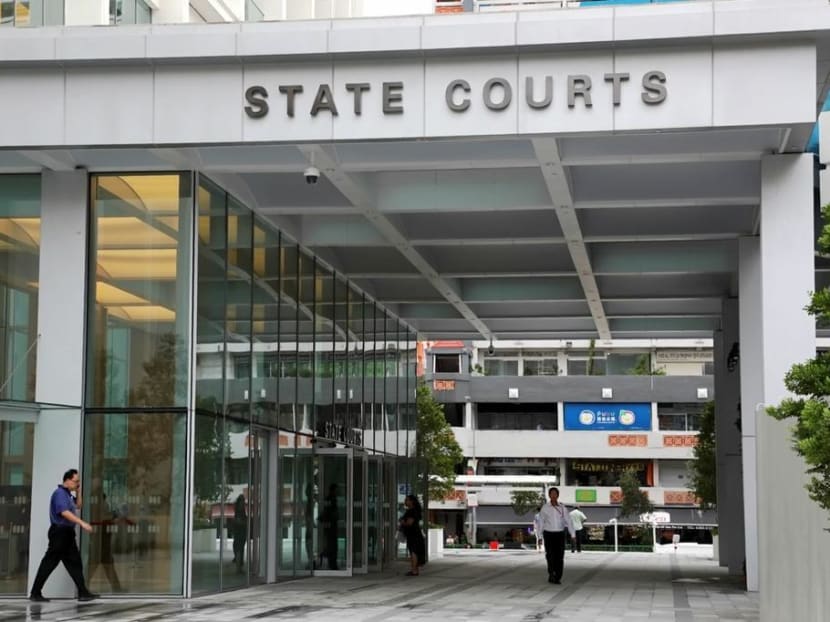Ex-SMU associate director charged with accepting corrupt payments totalling S$472,000
SINGAPORE — A former Singapore Management University associate director was charged in court on Tuesday (March 23) with accepting corrupt payments totalling S$472,000.

The court heard that between August 2017 and November 2019, Christopher Tan Toh Nghee accepted illegal funds on over 50 occasions from the directors of three separate companies, who were also charged in court on March 23, 201.
- Christopher Tan Toh Nghee, a former SMU associate director, was charged with accepting corrupt payments
- The directors of three companies accused of providing the illegal funds were also charged in court
- SMU said Tan had not been an SMU employee since January 2020
SINGAPORE — A former Singapore Management University associate director was charged in court on Tuesday (March 23) with accepting corrupt payments totalling S$472,000.
The court heard that between August 2017 and November 2019, Christopher Tan Toh Nghee, 43, accepted illegal funds on more than 50 occasions from the directors of three separate companies, who were also charged in court on Tuesday.
He has not been an employee at SMU since January 2020, said an SMU spokesperson in response to TODAY’s queries.
The three directors are: Kenneth Lum Hsien Loong, 44, director of International Alliance Marketing; Cher Kheng Than, 43, director of CJ Synergy; and Jeffery Long Chee Kin, 43, managing director of Assetualize.
The payments were allegedly made to persuade Tan to advance the business interest of their companies with the university.
For these actions, Tan faces 50 charges for corrupt transactions with agents under Section 6(a) read with Section 7 of the Prevention of Corruption Act
Meanwhile Lum faces 35 charges, Cher faces seven charges, and Long faces eight charges under Section 6(b) read with Section 7 of the Prevention of Corruption Act for allegedly giving the corrupt payments to Tan.
Tan and Cher face one separate charge of giving false information to the Corrupt Practices Investigation Bureau (CPIB), as well as one charge for intentionally obstructing the course of justice, in relation to this case.
According to court documents, Tan allegedly told the CPIB that the money Cher gave him from June to October 2019 was for a loan repayment.
Tan is also accused of deleting an electronic note titled “Income by month” — containing records of cash he received and expected to receive from the other three men from March 2018 to December 2019 — from his mobile phone on Nov 29, 2019.
Tan and Lum were offered bail of S$100,000, while bail for Long and Cher was set at S$50,000. All four men will return to court on April 20.
The SMU spokesperson said the university takes a strong stand against any form of misconduct.
“We expect all our employees to observe the highest standards of conduct and obey the law at all times as they perform their duties.”
She declined to comment further as the case is before the courts.
In a media statement, CPIB said Singapore adopts a “strict zero-tolerance approach towards corruption and other criminal activities”.
If convicted of a corruption offence, a person can be fined up to S$100,000, jailed for up to five years, or both.
The maximum jail term for each offence of corruption can be increased to seven years if it is in relation to a matter or contract with the Government or public body, or a subcontract to execute work contained in such a contract.
If convicted of knowingly giving false information in relation to a corruption offence, a person can be fined up to S$10,000, jailed for up to one year, or both.
If convicted for intentionally obstructing the course of justice, a person can be fined, jailed for up to seven years, or both.
“Companies are strongly advised to put in place robust procedures in areas such as procurement and internal audit to prevent falling victim to corrupt acts by their employees,” said CPIB.











